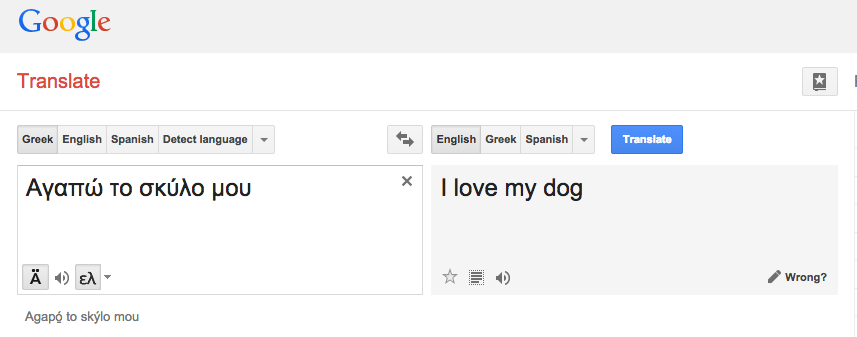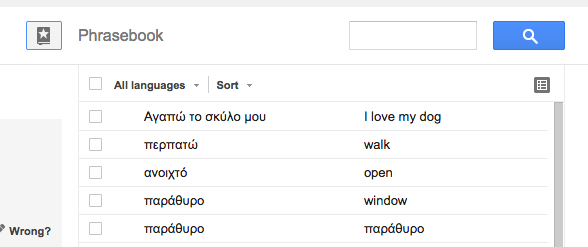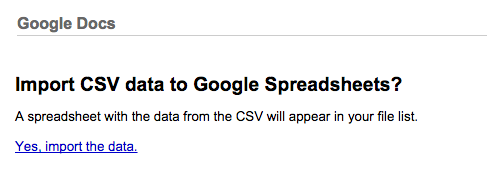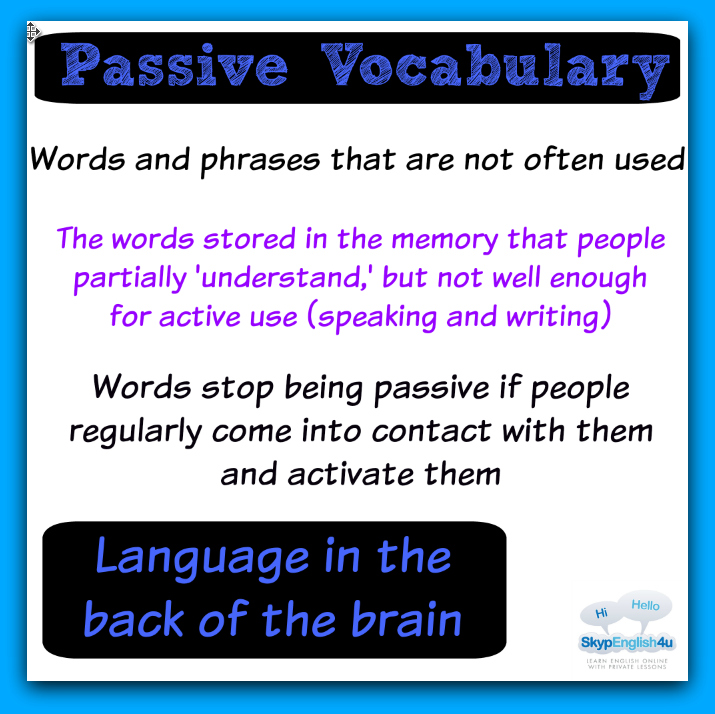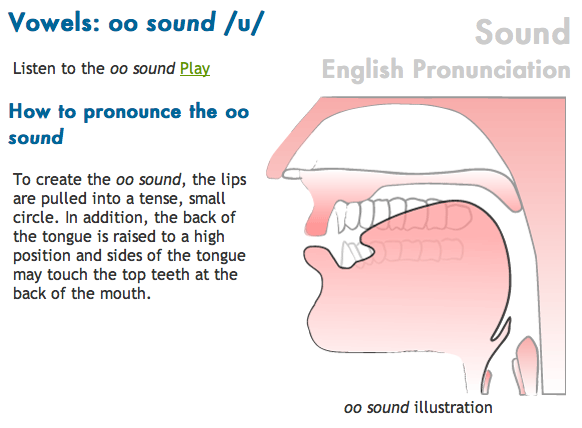Around the World ‘Round Table’ Discussion
Round Table : a number of people gathered together for conference, discussion of some subject, etc., and often seated at a round table.
Round Table discussions are an excellent way for you to get a chance to practice speaking English with someone from another country and at the same time, learn a bit about their culture and everyday life! You will be exposed to other accents and participate in a ‘real-life’ conversation with someone you have never met before in a comfortable, friendly environment. The general topics are endless and if possible, we can even arrange for you to speak with someone who also works in your industry.
I will serve as the ‘host’ making sure that the conversation keeps flowing and that everyone gets a chance to speak.
Generally we will speak in an order assigned at the beginning of the session. Person 1 gives their answer, 2, then 3 and then it is open for discussion as I see fit. I will help keep the order by speaking directly to the student when they are to answer. During the open discussion, participants must be courteous and not interrupt or speak over other people. At any time, I reserve the right to remove someone from the call.
I will keep running notes of vocabulary, grammar issues and sentence structure in the Skype chat.
Scheduling
This options is only available to SkypEnglish4U clients (join today!) that are ‘pre-approved’ and have the appropriate level of English required to partake in one of these group exercises.
Each SE4U student will get one free 30min AWRT credit and will schedule it with me. If a student wants to participate in more, they will pay a % out of their existing sessions based on the people participating in the call– If there are 2 students, for 30min, they each will spend 15min of their existing packages. The maximum amount of students per call is 3.
You will see specific times labeled as ‘Round Table’ on my google calendar and you can select them just as you regularly schedule. I will be very flexible with these sessions… if you want to do one at a certain time, please let me know and I will try to find another student.

